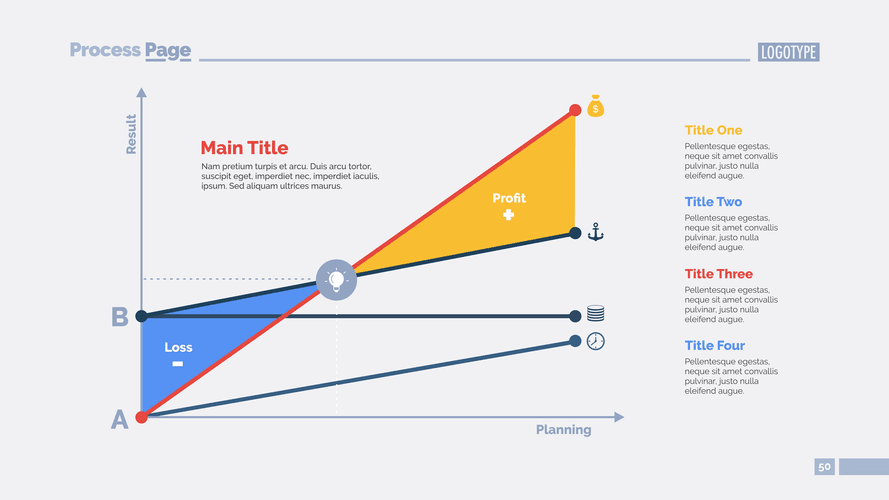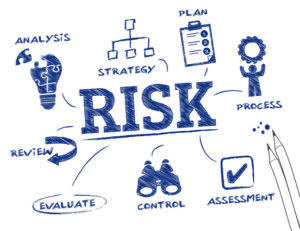The Difference Between Bookkeeping and Accounting Bench Accounting
December 30, 2021 9:35 am Leave your thoughts
Ultimately, assess your company’s needs, complexity, and financial goals to determine whether to start with a bookkeeper, an accountant, or both. They enable accurate tracking of expenses and revenues, help in managing cash flow, and are essential for difference between bookkeeping and accounting preparing financial statements. Effective bookkeeping is often the unsung hero behind a business’s ability to make informed financial decisions. Recorded financial transactions in the bookkeeping process follow the principles of the double-entry system, a cornerstone of this precise art.

Tax planning and compliance support
- Strong communication skills facilitate clear and concise explanations of financial concepts and enable effective collaboration with other team members or departments.
- Here’s what you need to know about these two roles to determine which one your business needs.
- Each of these functions plays an essential role in the financial health and compliance of a business.
- Accounts receivable, on the other hand, is about tracking money owed to you by customers.
- Community colleges and vocational schools often offer bookkeeping courses or certificates that teach the basics of accounting software and financial recordkeeping.
- Accounting tasks go beyond data entry and include in-depth financial analysis.
Bookkeepers are vital in adhering to internal control procedures, documenting processes, and flagging any irregularities or potential risks. Accountants provide guidance and oversight to ensure compliance and minimize the risk of fraud or financial mismanagement. Accountants may conduct internal or external audits to assess financial records’ accuracy, reliability, and compliance.
Manage day-to-day transactions

This scalability ensures that bookkeeping and accounting practices can keep pace with business growth without requiring significant infrastructure investments or operational disruptions. With real-time financial insights, bookkeepers and accountants can provide valuable advice Mental Health Billing and recommendations to management, enhancing financial planning and strategic decision-making. Manual data entry, reconciliation, and reporting processes prone to human error can now be automated, reducing the risk of mistakes. This allows bookkeepers and accountants to focus on more strategic and value-added activities, such as financial analysis and decision-making. Small businesses that deal with inventory face unique bookkeeping challenges. Accurately tracking inventory levels, valuing inventory, and accounting for the cost of goods sold (COGS) can be complex.

Financial Statements and Reports
- Hiring a bookkeeper, accountant, or both may be worth it to ensure your business’s financial success, depending on your business size, growth, and your comfort working with numbers.
- Despite their distinct roles, bookkeeping and accounting are interdependent processes that form a continuous cycle within financial management.
- Small businesses need to stay informed about tax laws or seek the guidance of a qualified accountant to ensure accurate tax reporting and compliance.
- Accounting helps in making strategic business decisions by providing insights derived from financial reports.
- Reliable financial records provide the data needed for in-depth analysis, such as calculating key financial ratios, assessing profitability, and evaluating cash flow.
- Both bookkeeping and accounting are crucial for managing finances but involve different tasks and serve distinct purposes.
A ledger is a record of sales, expense receipts and other financial transactions. Ledgers vary in complexity from a sheet of paper or spreadsheet to specialized bookkeeping and accounting software. Understanding https://redcrca14.cultura.gob.cl/2025/07/how-to-calculate-business-startup-costs-2025-guide/ the golden rules of bookkeeping and accountancy is essential for entrepreneurs and high growth businesses.
Accounting Degree and Programs

Rarely does a bookkeeper work on one big project for an eight-hour shift; instead, a typical workday involves juggling five or six smaller jobs. Nearly all bookkeeping is done using computerized accounting software and programs, so bookkeepers should be comfortable learning new technology if not proficient in it. However, bookkeeping and accounting clerk jobs are expected to decline, with the BLS projecting a 6% fall in jobs over the same period. The BLS notes that job growth for accountants should track fairly closely with the broader economy. However, bookkeepers will face pressure from automation and technology that will reduce the demand for such workers. However, significant differences exist, like the work conducted in each career and the skills needed to be successful.
- For instance, a small business might use QuickBooks to automate invoicing and track payments.
- A bookkeeper is responsible for recording all day-to-day financial transactions for a business.
- Generally, accountants must hold a bachelor’s degree in accounting to earn the title.
- Cloud-based accounting software and platforms provide instant access to up-to-date financial information, allowing businesses to make informed decisions promptly.
- An accountant has a higher skill set than a bookkeeper, whose primary responsibility is handling the actual recording of the company’s financial transactions.
- A bookkeeper is the person in the company to answer all questions about its daily finances and the status of payments.
- On the other hand, accounting encompasses a broader range of activities, including interpreting, analyzing, and summarizing financial data to generate meaningful insights for decision-making.
- These two terms often get used interchangeably, but they serve distinct purposes in building a clear financial picture for any business.
- Accountants may conduct internal or external audits to assess financial records’ accuracy, reliability, and compliance.
- Small businesses that deal with inventory face unique bookkeeping challenges.
- To stay up-to-date with industry developments, bookkeepers and accountants can pursue certifications and credentials.
Novo Platform Inc. does not provide any financial or legal advice, and you should consult your own financial, legal, or tax advisors. Accountants need to have a bachelor’s degree but may also have a master’s degree. An Enrolled Agent (EA) is a specialized type of accountant that can advocate on behalf of your business when you have issues with the IRS. For example, if a bookkeeper does not pay invoices correctly, handle payroll accurately, or verify expenses, then all other accounting tasks may be harder to execute.
Categorised in: Bookkeeping
This post was written by euro_pred_admin

